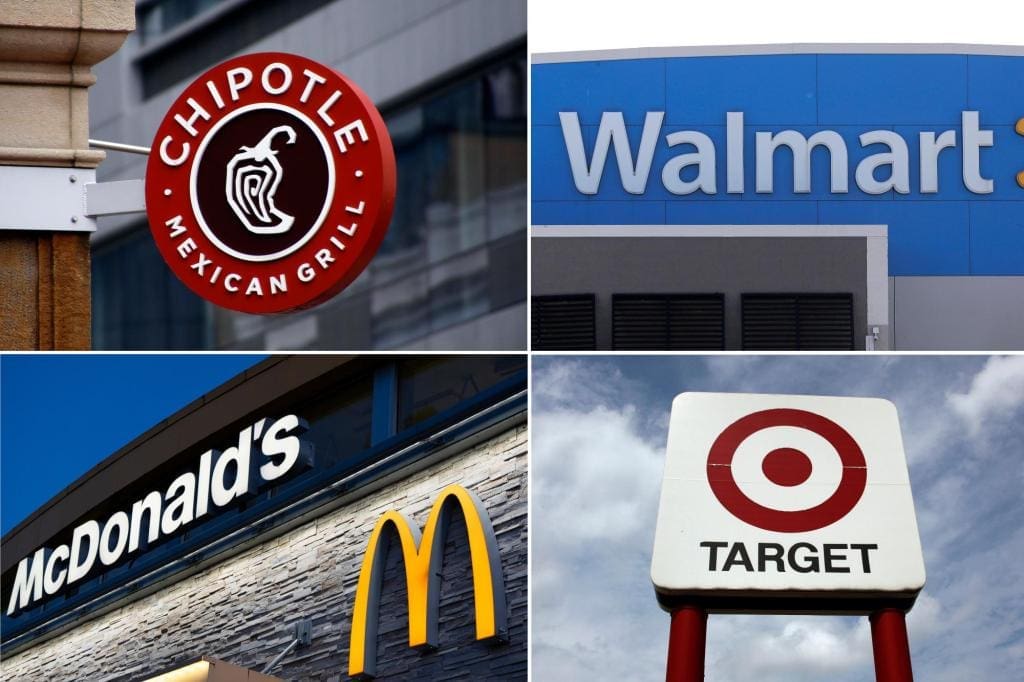In 2024, value-conscious consumers in the United States significantly influenced retail and dining trends, driven by increasing housing and food costs.
As prices climbed, consumers became more selective with their spending, opting for affordable alternatives. Affluent shoppers, who previously favored upscale brands, turned to discount retailers like Walmart and Aldi for essentials. Meanwhile, dining habits shifted as individuals chose quick meals or home-cooked options over traditional restaurants, impacting sit-down dining establishments. This year, department stores faced challenges as customers migrated online or sought budget-friendly retailers like H&M. Similarly, the demand for luxury furniture and costly renovations declined in favor of affordable home décor.
Retail bankruptcies rose sharply, with 48 recorded by Coresight Research in 2024, up from 25 the previous year. The food industry saw 22 restaurant chains filing for bankruptcy, the highest since 2020, according to BankruptcyData. Yet, value-focused businesses thrived. Walmart, known for its economic appeal during financial downturns, attracted more high-income shoppers with its expanded online offerings and stylish clothing lines. Amazon also capitalized on its reputation for deals, launching Amazon Haul, a budget-friendly storefront, and achieving record sales during its Prime Day event.
Fast-casual dining chains enjoyed success, with restaurants like Cava and Shake Shack experiencing increased revenue due to their budget-friendly yet quality offerings. Chipotle addressed concerns over portion sizes, retraining staff to serve consistent and ample portions. Fashion trends like wide-leg jeans boosted sales at various retailers, with both budget and luxury brands experiencing high demand. McDonald’s, after a shaky start, rebounded with its $5 meal deal, which attracted cost-conscious diners despite a health scare involving E. Coli.
Conversely, some companies struggled. Target, often perceived as more expensive, faced hurdles due to its focus on non-essential items, even as it drew customers on Black Friday with exclusive promotions. Starbucks grappled with complicated orders and high prices, leading to consumer dissatisfaction. Legacy restaurant chains like Red Lobster and TGI Fridays succumbed to bankruptcy amid shifting consumer preferences and operational challenges.
Big-ticket items saw reduced interest as consumers shifted focus from expensive purchases made during the pandemic to more practical spending. Retailers such as Best Buy and home improvement chains noted declines in sales of appliances and remodeling projects. Department stores catering to middle-income consumers struggled to retain customers, leading to store closures and restructuring efforts.
In summary, 2024 marked a year of transformation in consumer behavior, with a clear shift towards value and practicality in spending habits. While some businesses adapted successfully, others faltered under economic pressures and changing consumer expectations. This evolving landscape underscores the dynamic nature of consumer markets.
Source: Sun-sentinel














